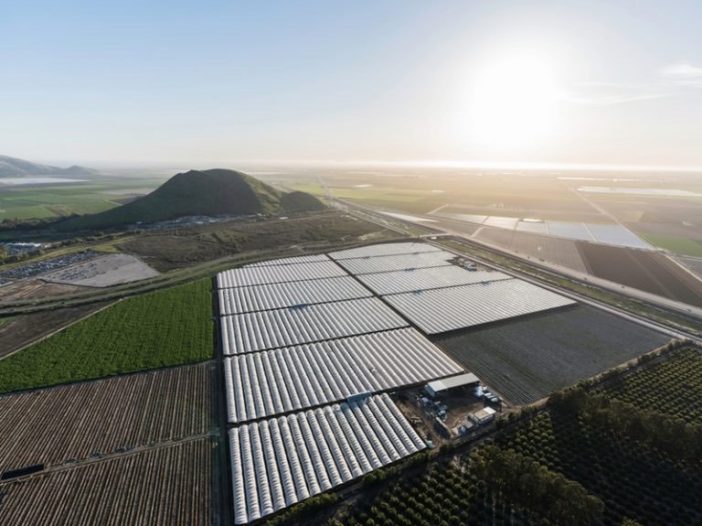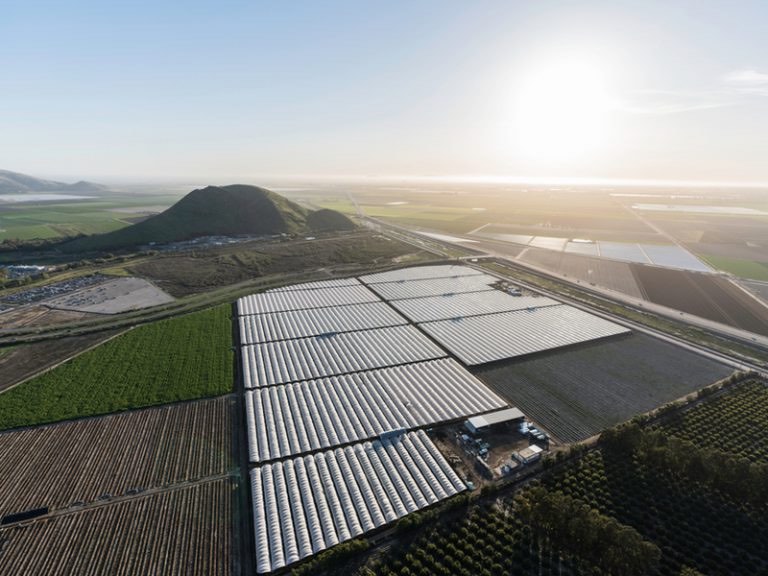
Camarillo, California, has approved a contract with the Clean Coalition to oversee the design of solar-based microgrids at five critical city facilities that will incorporate Tesla batteries.
The city council March 10 also directed city staff to enter into a contract with Tesla for a 1-MW/ 4-MWh battery to be installed at the city’s wastewater treatment plant, one of the facilities being considered for a microgrid.
The battery will be paid for by the California Public Utilities Commission’s Equity Resiliency Self-Generation Incentive Program (SGIP).
The commission in May added an equity resilience component to its SGIP, which, with more than $1 billion in funding through 2024, provides subsidies for energy storage.
The commission’s equity and equity resilience rebates make energy storage close to being free.
“We’ve never seen anything like this in our careers where the entire cost of the batteries, the hardware, 10 years of maintenance, operations and service … be entirely paid for,” Ryan Glanville, Tesla commercial energy advisor, said during the city council meeting.
Without the rebate, the battery would cost about $2.2 million, with permitting and other costs increasing its final price to $3 million installed, he said.
The battery, which can power the wastewater treatment plant for about 11 hours before being recharged, comes with a 15-year warranty and 10 years of O&M coverage.
The plant, which has backup diesel generators, had a 16-hour outage in January, according to Andrew Grubb, the city’s senior civil engineer.
By charging the battery during off-peak hours and using it on peak, Camarillo will save at least $90,000 a year, according to Glanville.
Tesla plans to install the battery late this year and begin operating it early next year.
Tesla has contracted for about 160 battery projects under the California SGIP, including 125 with public entities, Glanville said.
Clean Coalition to manage design work for microgrids
Camarillo, a city of about 68,000 near Los Angeles, hired Clean Coalition in February 2020 to conduct a feasibility study for microgrids at critical facilities.
The nonprofit group recommended that Camarillo set up microgrids at city hall, a police station, a wastewater treatment plant, a library and the public works yard.
Four of the projects include backup diesel generators coupled with solar and battery storage. The library project only includes solar and storage.
Combined, the projects include about 4 MW of solar, 4.2 MWh of storage and 500 kW of new diesel capacity to go with 1.4 MW of existing diesel at a cost of $13 million.
Recent power outages caused by severe weather in Texas and other states highlight the need for resilience, a key benefit of solar microgrids, according to Clean Coalition.
Clean Coalition is slated to finish the project design before August.
City seeks FEMA grant funding
The city council will have to decide if the city should pay for and own the microgrids or use a power purchase agreement (PPA) model.
Generally, the PPA model would be less expensive for the city, partly because the city cannot take advantage of federal investment tax credits for the facilities, Grubb told the city council.
However, the city applied for grants from the Federal Emergency Management Agency’s (FEMA) Building Resilient Infrastructure and Communities $500 million grant program that could cover up to 75% of the project’s capital cost.
FEMA is reviewing a grant application for the city hall and public works yard microgrids, according to Grubb. If approved, the grants would total $2.6 million with an $875,000 local match, he said.
The federal agency is expected to announce grant winners this summer, Grubb said.
The city is exploring other grant opportunities as well.
Source: Microgrid Knowledge. Reproduced with permission.

